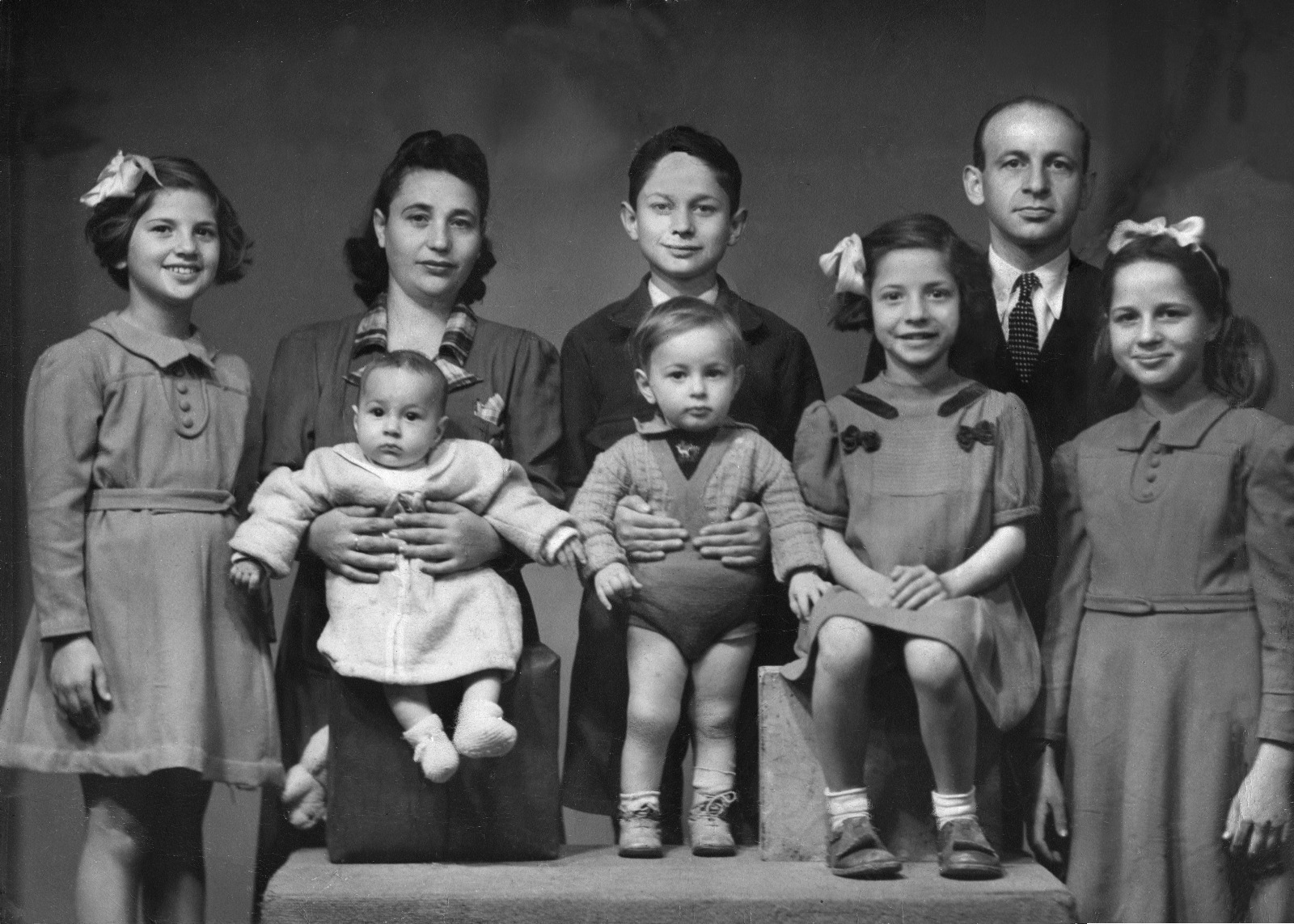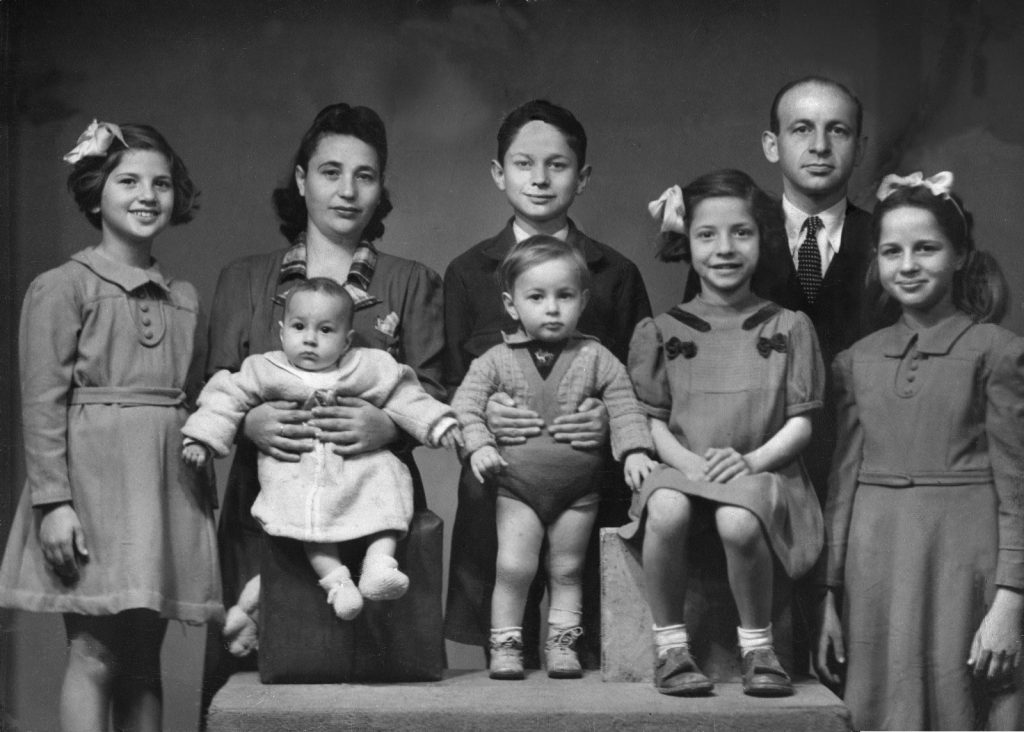Portuguese surnames have ancient roots and often carry meanings linked to professions – for example, Ferreira, derived from “ferro” (iron), refers to those who worked with iron, such as smiths. Many other surnames reflect natural features or places of origin. One of the most common, Silva, comes from Latin and literally means “forest” or “woods.” Originally a toponymic surname, it means that it was adopted by families living near wooded areas.
Pereira, derived from “pêra” (pear), is another example, originally indicating areas with pear trees. It later became a hereditary surname, commonly found in both Portugal and Brazil. Oliveira, linked to with the olive tree, is a symbol of peace and abundance, originated in regions or properties where olives were cultivated. Sousa, one of the oldest noble surnames in Portugal, takes its name from the Sousa River in the northern part of the country. Carvalho, meaning “oak,” is of toponymic origin and refers to the oak tree itself. Ribeiro, derived from “ribeira” (brook), was used by families who lived near rivers or streams, reflecting a strong connection to the natural landscape and rural life of many early Portuguese communities. Teixeira, from “teixo” (yew), refers to regions where yew trees were prevalent.

Almeida originates from the city of the same name located in the district of Guarda, near the border with Spain. The word comes from the Arabic word “al-ma’ida,” meaning “the table,” likely alluding to the flat terrain of the region. Another surname of geographical origin, Costa (meaning “coast”), was used to identify individuals living near the shoreline. Given Portugal’s extensive coastline, it is not surprising that this surname became common.
Finally, two surnames that have no references to nature, profession or place of origin: Santos (“saints”) is a surname linked to religiosity, common among families whose ancestors were born on religious dates and might also be associated with specific devotions. Another typical way of surname forming along history, is a patronymic surname, meaning “son of”, like Henriques, Pires, Rodrigues, Lopes (son of Lupo), Nunes (son of Nuno), Fernandes, Gonçalves, Esteves and Álvares and many more. This was a common tradition in the Middle Ages, of forming surnames from a father’s given name – a pattern found in many Portuguese family names, like everywhere in the world.



